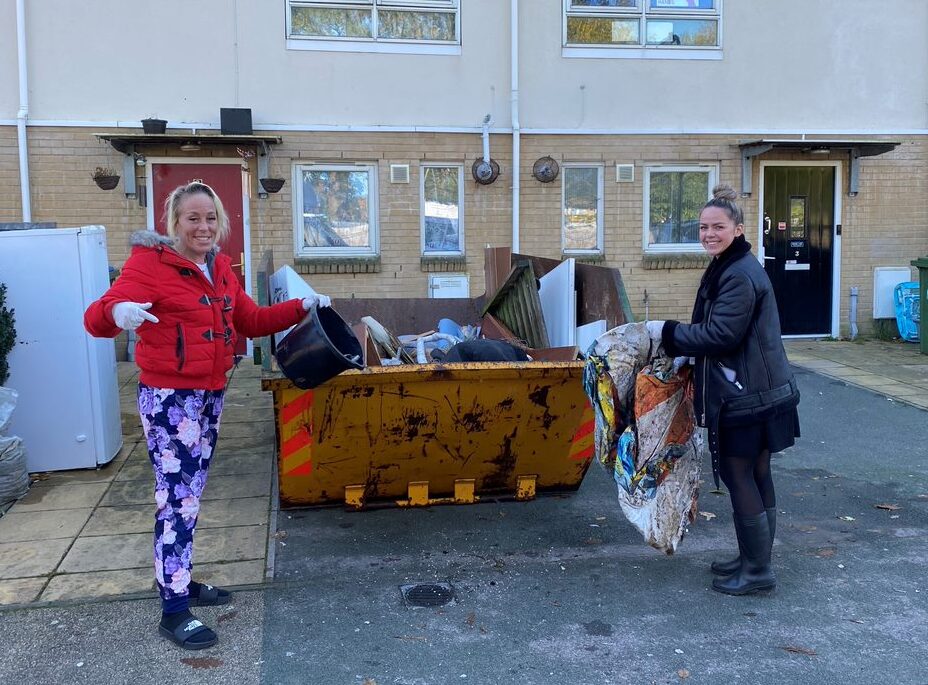 Important research on licensing schemes in the private rented sector highlights the complexities and difficulties for local authorities in enforcing minimum standards, writes Janis Bright.
Important research on licensing schemes in the private rented sector highlights the complexities and difficulties for local authorities in enforcing minimum standards, writes Janis Bright.
The study by Roz Spencer and Julie Rugg involved interviews with officers from five London boroughs that are running schemes. It points to the dangers of establishing a national registration scheme for England, as proposed in the Renters (Reform) Bill going through parliament, without suitable enforcement powers.
Currently, local authorities that have licensing schemes can charge landlords a fee, which goes toward the cost of inspection and enforcement. The researchers found that national registration could support local authorities in their work, but would undermine them if intended to replace the existing system.
Latest figures show that more than a fifth of homes in the PRS were non-decent. Currently, 22 London boroughs have some form of additional or selective licensing schemes and there are numerous others around the country. This study confirms previous HQN work for the Local Government Association on this topic, that licensing is complex and the government sets a high bar for granting permission for selective schemes. Introducing selective licensing for a whole borough or district is especially difficult, and DLUHC has rarely given the go-ahead.
Issues with data

The study highlights a Catch-22 problem in applying for a licensing scheme. Data on the nature and extent of the PRS is required, but robust data is hard to come by without licensing already in place. The PRS can change quickly as well, rendering information out of date. Not only that, when applying to continue a scheme after five years, authorities must show there’s still a need (in which case critics would say it’s failed) or that licensing has been effective in reducing problems (where critics argue it’s no longer needed).
A table by the researchers shows the numbers of different education and enforcement actions taken by the boroughs of Camden, Ealing, Enfield, Waltham Forest, and Westminster over two years (2021 to 2023). Warning letters to landlords and civil/financial penalties were the most widely used tools. There were only three ‘not fit and proper person’ declarations (all by Enfield), no banning orders or injunctions, and only seven interim management orders (by Waltham Forest). But, overall, enforcement activity increased by a quarter over the two years.
Camden and Ealing had worked to build capacity in the early years of a scheme and work first with compliant landlords. They would move on to dealing with those who were non-compliant in the later years once experience had been built up. This approach appeared to pay off, say the researchers, with a higher than anticipated compliance rate.
The report recommends councils should switch from granting licences for the full five years of a scheme to annual licensing. That’s because officers reported finding so many disrepair problems in housing that was already licensed. Camden now issues one-year conditional licences in some cases.
The councils were especially concerned about so-called S.257 houses in multiple occupation. These are buildings that didn’t comply with 1991 building regulations when converted to flats and still don’t reach the standard. The buildings can pose significant risk of fire, sometimes have several owners or leaseholders, and officers reported that it wasn’t always clear who was responsible for applying for a licence for them.
Innovation
The report outlines some innovative approaches, including working with community teams, working with council landlord teams where former Right to Buy homes on estates are now in the PRS, and partnerships with other agencies, such as the National Crime Agency. HQN’s own research covering the whole of England also highlights examples, including Bristol’s Homes and Communities Board working with PRS enforcement, and Fenland District Council’s work with police and others on Operation Pheasant to tackle exploitation among migrant populations.
Officers in all the schemes in the new research reported serious resourcing problems that hampered their activity. They cited a small number of landlords that take up disproportionate officer time, preventing them moving on to other work.
This also echoes HQN’s research, which recommends first scoping the scale and nature of the problem. As well as poor conditions affecting vulnerable people, other issues such as empty properties, modern slavery and money laundering could be involved. Knowing the nature of the issues helps when formulating a plan of action to tackle those landlords persistently providing poor conditions and services. Examples here include Sunderland City Council’s multi-stage approach to enforcement and Boston Borough Council’s engagement with landlords to send clear messages on what’s expected of them.
Licensing must be seen as part of a wider network of policies and practice if it’s to achieve improvement in the PRS, the new report concludes. Officers were unanimous in their view that the national property portal (register) proposed in the Renters (Reform) Bill would be an extra that helps provide data, not a solution in itself.
Licensing Private Rented Homes, Roz Spencer and Julie Rugg for Cambridge House
https://thinkhouse.org.uk/site/assets/files/2964/ch0324.pdf
Improving the Private Rented Sector, HQN for the Local Government Association
https://www.local.gov.uk/improving-private-rented-sector





















